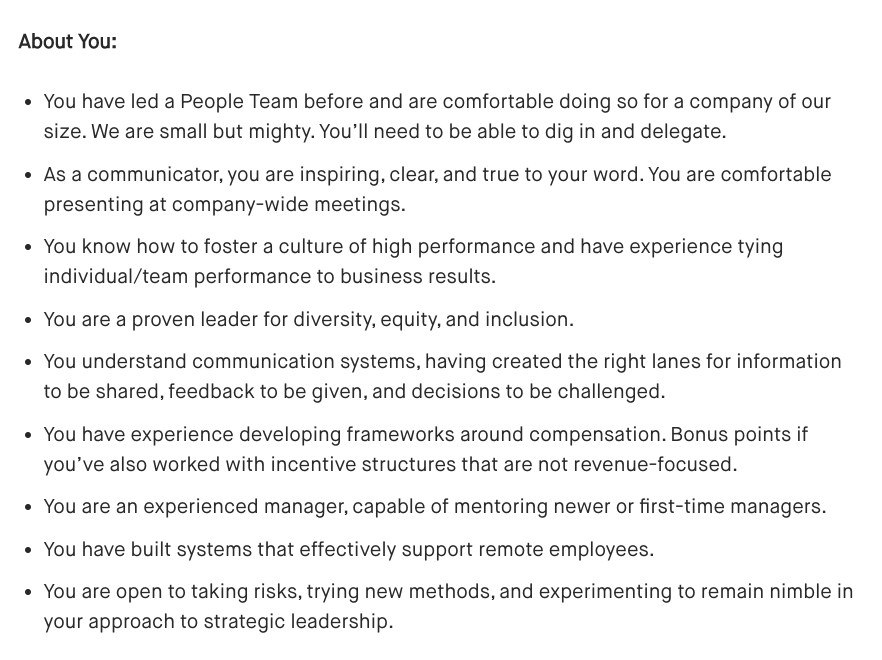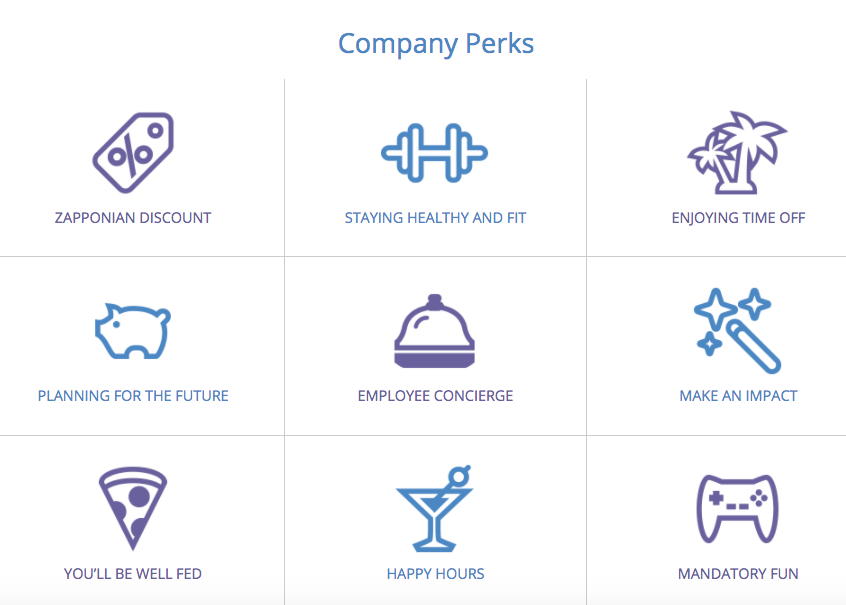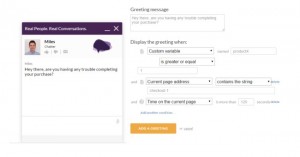The hiring process is tricky. You want the best talent for your brand, but at every stage of the journey, the things you say and the way you interact can either entice a candidate to take the next step—or prompt them to jump ship entirely. Hence, you need to understand how you’re presenting your employer brand throughout the hiring process, and how you can do it better. Here’s a secret: You can start with more proactive communication.
No matter the position or industry, every job candidate has the same core concerns and hopes about a potential job, which manifest in five simple questions that they will ask at some point in the process. Sometimes they’ll ask these questions to you directly; sometimes they’ll only think about them privately. The better you are at addressing those questions (sometimes before they even know they have them), the easier it will be to court the best candidates for the job.
Of course, you need to know what those questions are. That’s where we come in.
5 Questions Every Potential Employee Will Ask
Here, we’ll walk you through the top questions on a candidate’s mind, and how you can answer them by telling relevant stories about your employer brand.
Note: Our recommendations aren’t the only ways to answer your candidate’s questions, but we hope they’ll help you see your employer brand with fresh eyes, or inspire new ways to talk about who you are and what you do.
Question 1: Are my skills a match?
People want to know that they have the right skills for the job—and that those skills will be put to good use.
42% of people seeking new employment believe their job does not make good use of their skills and abilities.
—Deloitte’s Talent 2020 report
However, applicants can’t always tell if their skills match because employers will often include an overwhelming amount of prerequisites in a job description. We understand the temptation to thin the herd by adding more “required” skills. But if those required skills could easily be taught on the job, you may be turning potentially great candidates away, simply because they don’t believe their skillset is a perfect match. (This is a barrier you’ll want to eliminate, especially if you want to add more diversity to your team.)
How to address it: Tweak your job descriptions.
It’s tough to find the dream candidate that checks every single box, so carefully consider your must-haves for a role. For example, do you prefer experience over formal education? Identifying the attributes you want in an employee can also help you reach the right people. For example, we want everyone we hire to be hungry, self-aware, smart, self-reliant, and humble.
Remember: It’s not just about the skills applicants have; it’s about what they will add to your team. For more tips, follow The Muse’s guide to write more inclusive job descriptions.
Example: Kickstarter outlines what they want in their job description for VP of People, focusing on the type of person they want to hire, not necessarily the checklist skills desired.

Question 2: Do they pay me enough?
A good paycheck is always enticing. But that dollar amount isn’t the only deciding factor. The job duties, the hours required, the conditions, the culture—all of these play a role in whether or not someone feels a paycheck is fair.
Many people would take a pay cut to work in a more positive and supportive environment, so it’s important to lead with your brand’s best attributes.
How to address it: Highlight your perks and benefits.
Ultimately, compensation is a demonstration of how you value and care for your employees. Even if you can’t afford to pay people as much as your competition can, there are plenty of other ways to show you care (think paid lunches, subsidized exercise, time off to volunteer, etc.). The more you can use storytelling to spotlight those things, the more candidates will get a sense of whether or not the job is the right fit for them.
It’s also important to understand how your competition talks about compensation. Conduct an employer competitive analysis to review your competitors’ messaging, strengths, and weaknesses. These insights can help you figure out how to position your employer brand.
Example: Zappos lists their perks on their website, and each aligns with their values in some way. Whether it’s time off to be adventurous or happy hours that foster fun, applicants get an instant snapshot of how they’ll be cared for if they join the team.

Question 3: Would I feel like I belong?
Working somewhere for a paycheck and feeling like you belong to a community are two very different things. People want to be able to visualize themselves working somewhere, to know that they’ll be acknowledged, understood, and valued. Furthermore, they want to know not just how they “fit,” but how their unique contributions can enhance the culture you’re building.
How to address it: Tell stories about your culture.
In the wake of BLM and other equality movements, diversity and inclusion efforts that cultivate true belonging are more important than ever. But just showing photos of your “diverse” workforce isn’t enough. Tell stories that show how people are treated, supported, and valued. Showcase your events, initiatives, Employee Resource Groups, and other efforts that help you foster community.
To start, follow our guide to turn your culture into stories, and learn how to cultivate a strong culture (if you know you need to improve in that area).
Example: Intuit spotlights the Intuit Pride Network, which is 330 members strong. As one of the flagship employee resource groups to support LGBTQ+ employees at intuit, their efforts have helped shape the company culture over the last 10 years.

Question 4: Will I be supported in opportunities to advance?
You want people to be able to visualize a future with your company, but that often relies on whether or not they see opportunities for growth and advancement. Of course, growth and advancement means different things to different people. Whereas one person may want the corner office in five years, another may want the skills to start their own venture in five years.
Of employees who are planning to switch jobs, 37% cite lack of career progress and 27% cite lack of challenge as the top two factors influencing their career decisions.
You never want to lie about opportunities for advancement, but you can shed light on the aspects of your company that help nurture growth, offer opportunities for unique work, or expand their skills.
How to address it: Spotlight ways they can grow.
Beyond your traditional career advancement opportunities, you might talk about the mentorship programs you have in place, Employee Resource Groups that advocate for employees, unique educational or training programs, or even the caliber of clients you have. These things can all help nurture career growth either within or outside the company.
Example: The JetBlue Scholars Program allows employees to seek education in support of their career goals.
Question 5: Do I believe in where this company is going?
People who work for you are making a huge commitment to invest their skills and energy in your company. They want to feel good about that choice and know that investment is in service of work they find meaningful or a vision that they believe in.
Companies with a purposeful mission experience 49% lower attrition rate than those without.
—LinkedIn 2020 Global Talent Trends report
How to address it: Share your Brand Heart.
Your Brand Heart is comprised of your purpose, vision, mission, and values. These are the core elements that drive the work you do, the way you treat people, and the reason you exist at all. Putting these beliefs front and center is the best way to show people who you are, what you care about, and why they might want to contribute to your vision.
Example: Smuckers details their brand’s purpose-focused initiatives, including the nonprofits they partner with and the causes they’re committed to.

Business & Finance Articles on Business 2 Community
(25)






